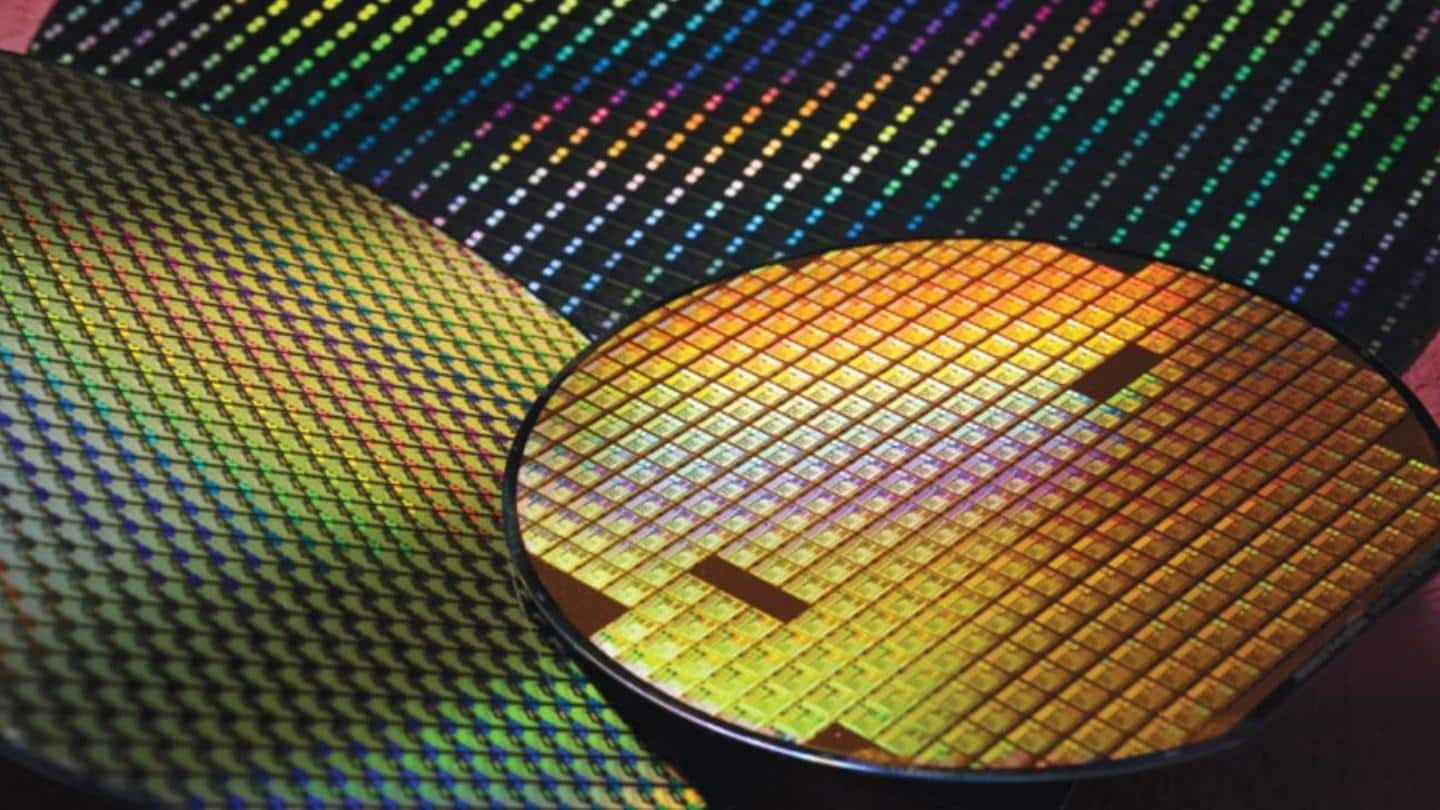
Apple's zero net emissions goal looks unlikely: Here's why
What's the story
In July 2020, Apple had announced that by 2030 the company will work to achieve a 100% carbon-neutral footprint.
A potential roadblock in Apple's ambitions could be its long-time chip manufacturing partner Taiwan Semiconductor Manufacturing Company (TSMC) that has set a far less ambitious target to become carbon neutral by 2050, 20 years too late for Apple's goals.
Here are more details.
Promises
Apple promised to make supply chain carbon neutral by 2030
In 2018, Apple had achieved net-zero emissions for its own operations and promised to do the same for its entire supply chain by 2030.
TSMC, a long-time Apple partner, is one of the world's largest silicon foundries responsible for manufacturing chips.
According to The Guardian, it recently set its own goal to become carbon neutral by 2050.
TSMC’s commitment
TSMC alone uses 5% of Taiwan's energy production
TSMC chairman Mark Lui said the company aims to "broaden our green influence and drive the industry toward low-carbon sustainability."
It reportedly takes more energy to make a chip than it would consume in its entire lifetime. Meanwhile, TSMC alone uses almost 5% of Taiwan's total electricity production. Greenpeace predicted the consumption is expected to jump to 7.2% in 2022.
Details
Recent Taiwan drought also highlighted TSMC's water consumption
TSMC also used approximately 63 million tons of water in 2019. The company's usage was a controversial topic earlier this year when Taiwan was struck by its worst drought in 50 years since chipmakers were pitted against farmers.
In a paper published last year, Harvard researcher Udit Gupta noted that chip manufacturing "accounts for most of the carbon output" from electronic devices.
Do you know?
TSMC is operating at full capacity due to chip shortage
TSMC's most significant source of energy consumption is keeping the air above select pressure inside its facilities, to keep dust out. The global chip shortage notwithstanding, TSMC continues to operate at full tilt, generating a larger carbon footprint than usual.
Forging ahead
TSMC reportedly ahead of competitor's green initiatives
Last year, TSMC signed a 20-year deal to purchase all the energy generated from a 920-megawatt offshore wind farm being built in the Taiwan Strait. It was touted to be the world's largest corporate renewables purchase.
Analyst Mark Li said TSMC can handle costs associated with its new commitment. "They have very good margins. So...they can afford it."